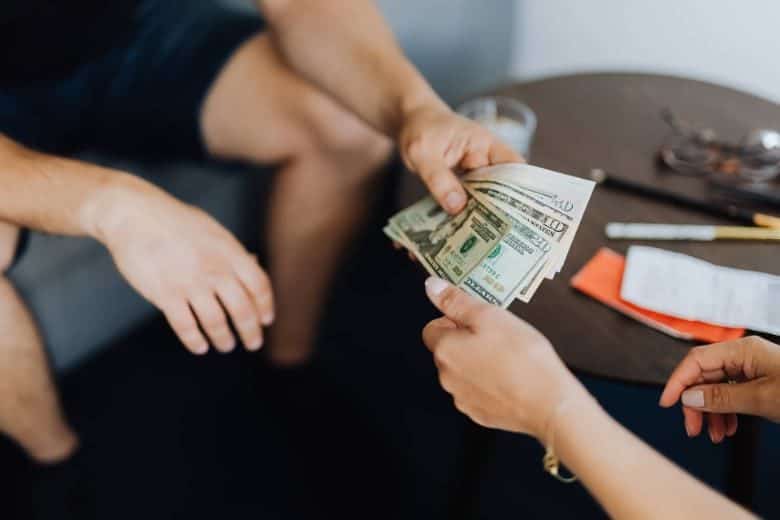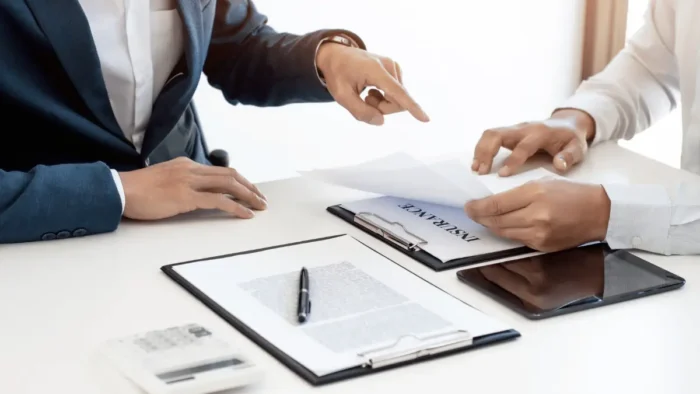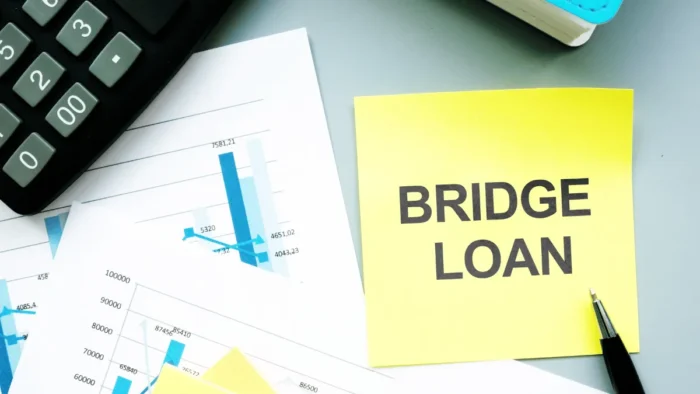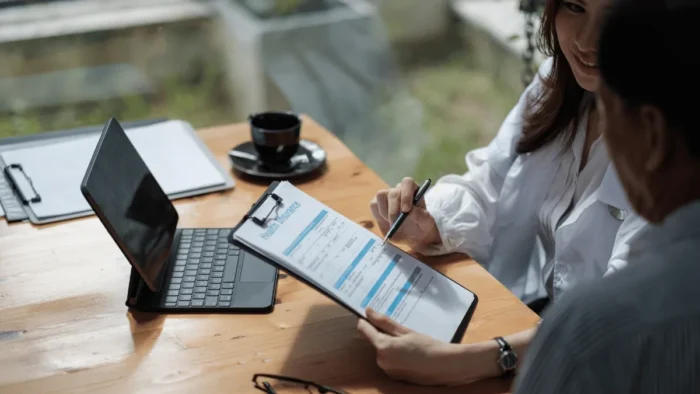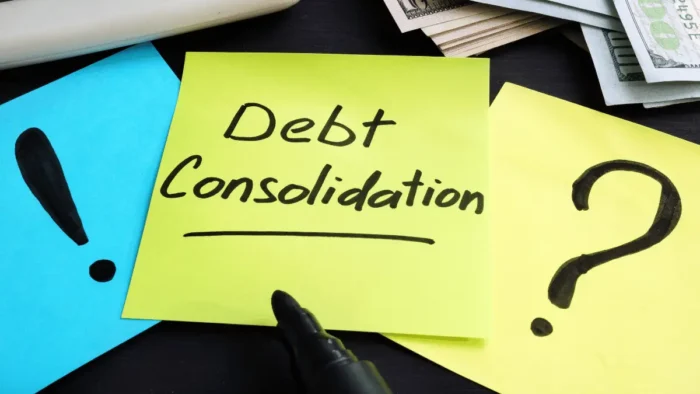Until 1861, the United States government had not issued paper money. The desperation of the government in need of money to finance the civil war led to the passing of the act of July 17, 1861, ordering the US Treasury Department to publish and distribute paper notes. From there on, the US dollar has traveled a long way to become the most widely used currency globally. If a demonetization law is implemented overnight and your phone is full of banking news, your old notes will be taken care of by the federal government.
But, if you have such huge cash that you need a note counter then in the case of a law change for legal tender, you will come under government speculation for undisclosed income. Although, such a change in the law is unlikely to happen anytime soon and you can exchange your old notes from any local banks.
Understanding the steps
The entitled law of “Legal tender” under the Coinage Act of 1965, states-United States tangible currency (along with Federal reserve notes and circulating notes of Federal reserve banks and country-wide banks) are legal for all dues, public charges, taxes, and debts. Simply, it means that all types of US money When handed to a consumer constitutes a valid and legitimate offering of payment for creditors. However, there are few pointers to note:
- An individual or a private business may refuse to accept the old notes if they are not fine with its physical condition, or they are not able to verify its originality.
- Essentially, any bank will accept the old notes but is liable to hold the transaction till they verify their authenticity. After verification, the old note will be treated on its face value in the exchange of issuing the current note.
- The bank never re-issues such old notes submitted to them. They return them to the United States Bureau of Engraving and Printing (USBEP) for substitution.
- Besides the provision to exchange damaged notes USBEP also has a provision to receive old currency directly via mail and to replace themselves.
- Although the fact stands official that all notes and coins issued by the USBEP never go unacceptable on their face value but get planned for substitution over the long run. Hence, banks gather all old cash and trade it for the present-day releases each time they are given with improved security highlights.
Conclusion
Through multiple online posts by travelers around the world, it has been found that the series older than 2003-6 US dollars are not accepted by most of the nations outside the US. Most evidently this issue is persistent with those old notes that have a smaller front face photo in comparison to the current notes.
If the condition of the old note is good, then it is a higher worth to collectors than the actual face value and might have the merit of a better worth evaluated by a cash collector. However, the bill is harmed to a point that nobody needs to collect, then it can at least be distinguished as genuine, it tends to be traded with a bank or USBEP for substitution.

